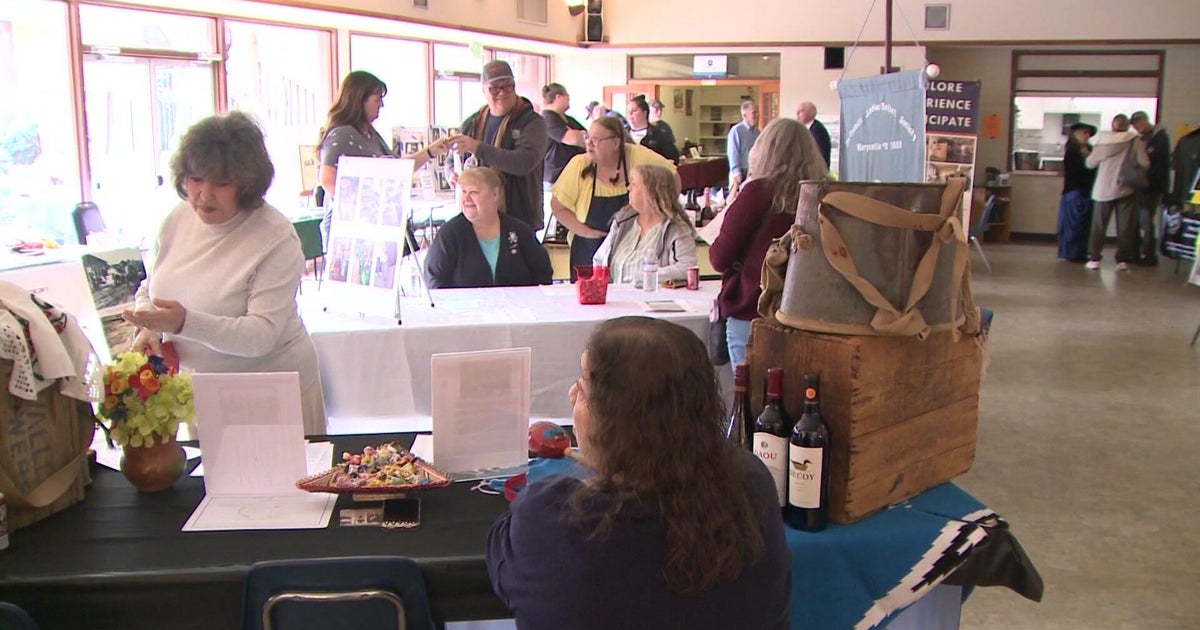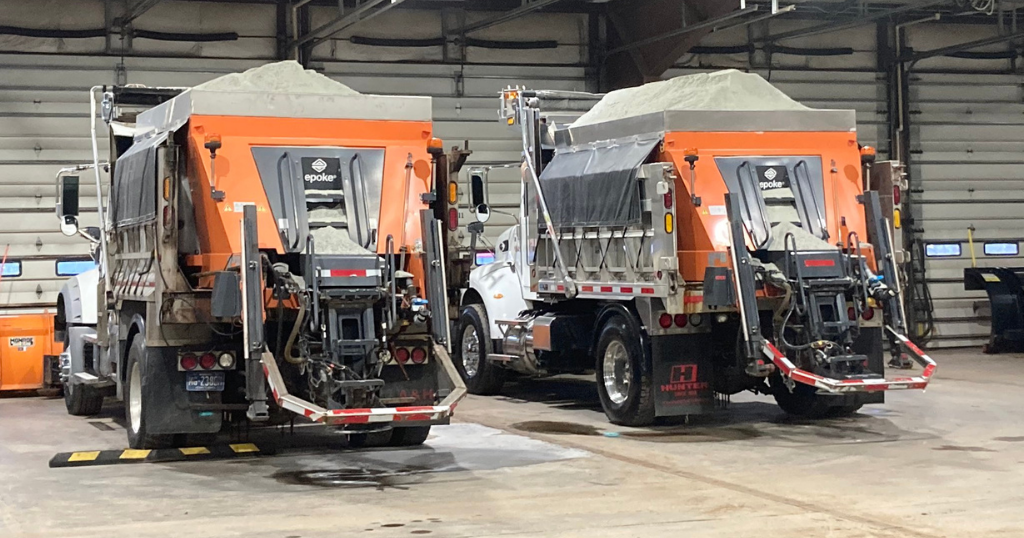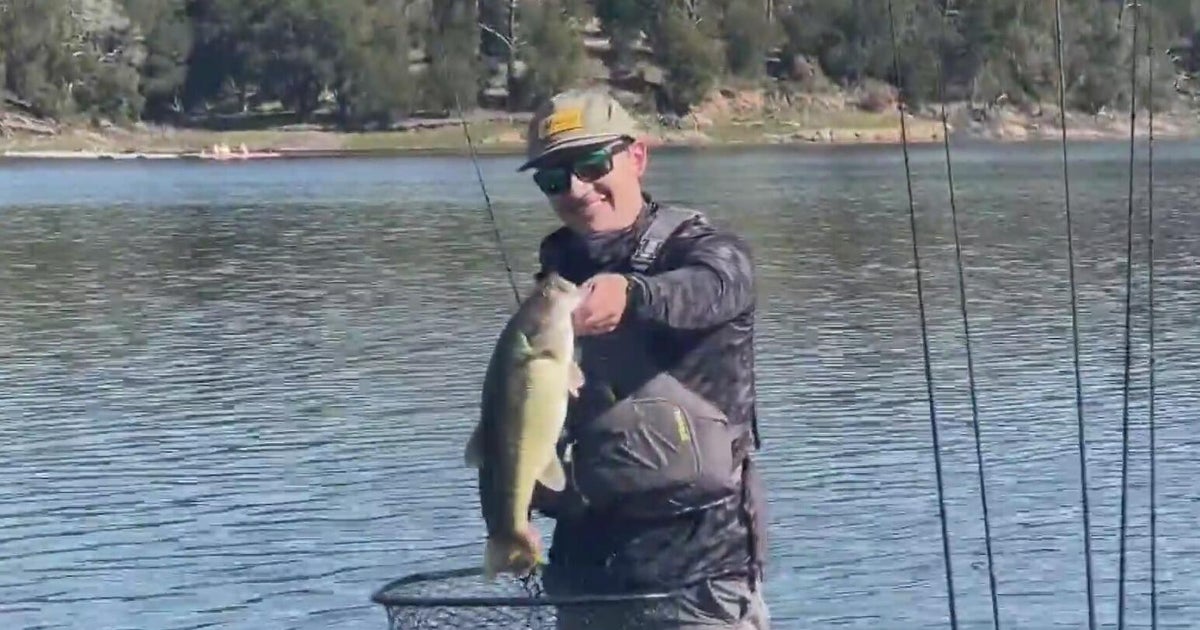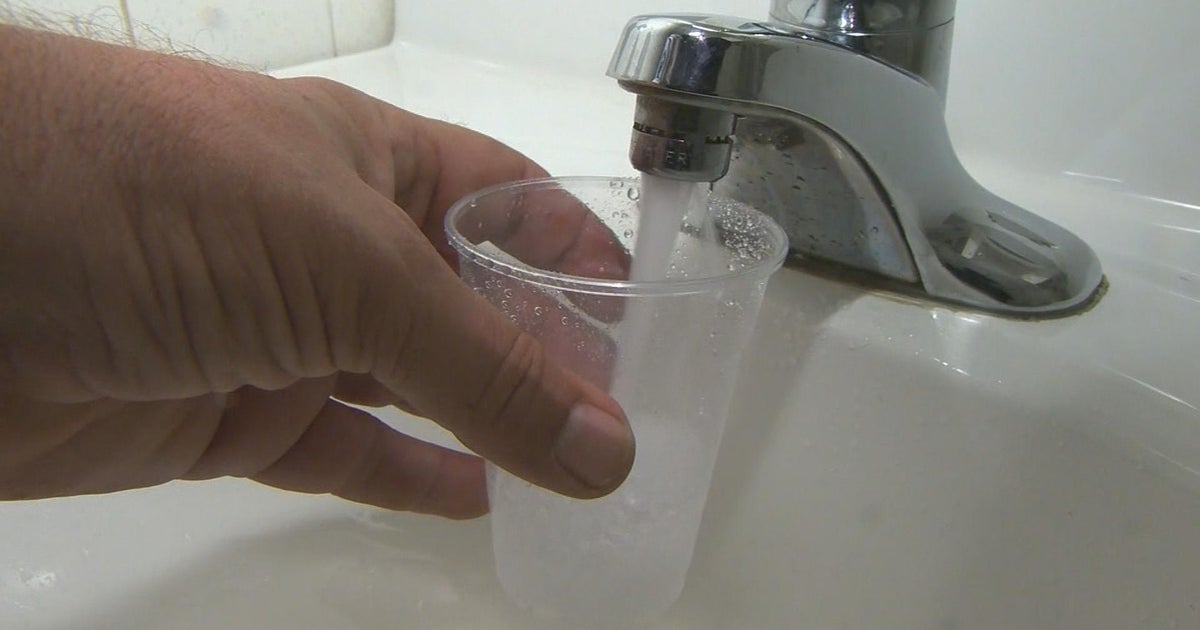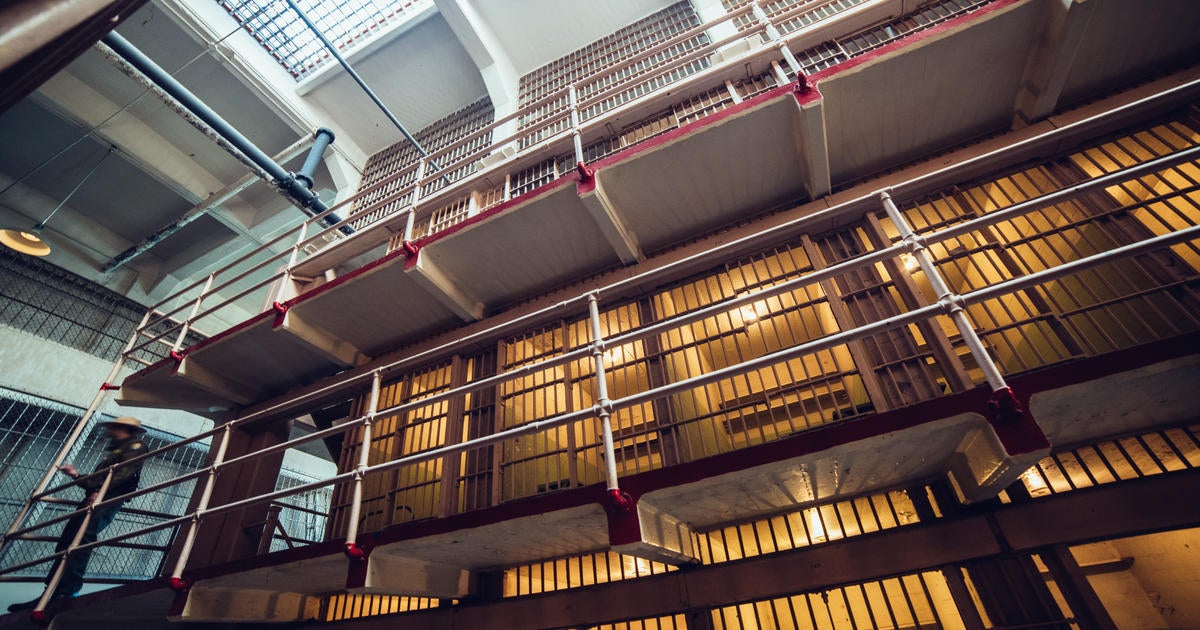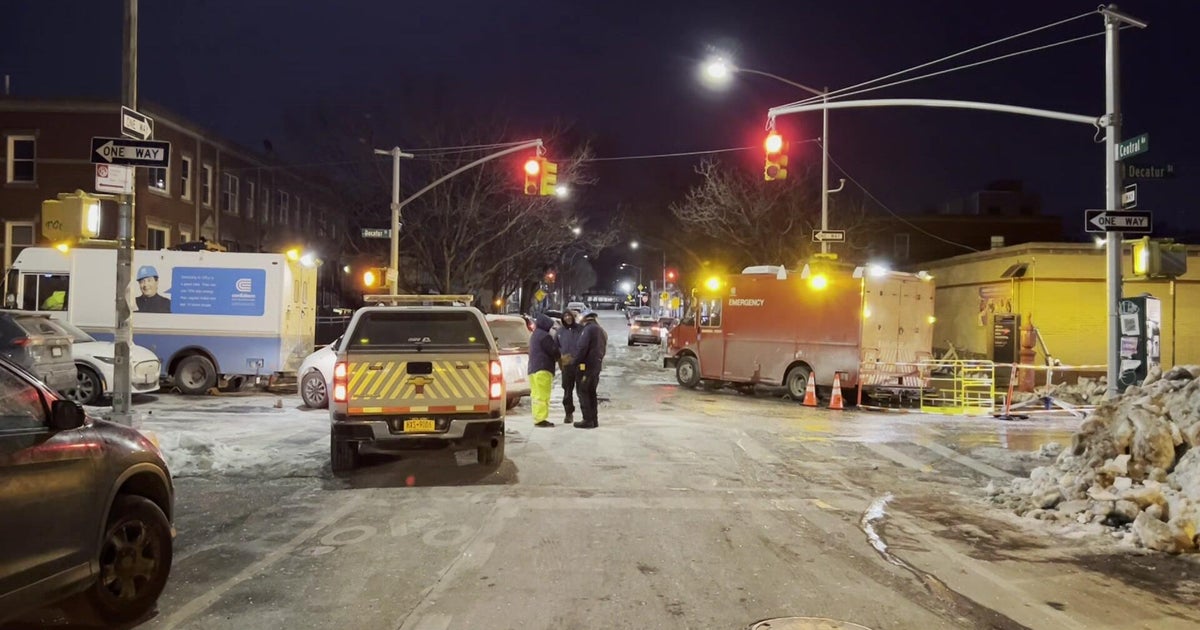Acampo flooding raises questions over county mitigation project
ACAMPO — Record rain, saturated soil and a power outage meant flooding in areas of Acampo this week. Some homeowners have flooded multiple times in the last six years despite a county flood mitigation project.
Water went on as far as the eye can see for Kevin Straw.
"The house is still dry but the back room had four inches in it, and the water doesn't seem to be going anywhere this morning," he said Tuesday.
Straw's neighbor's home took on water for the third time since the new year. Many others are in the same boat with the nearby mobile home park under a mandatory evacuation order and residents needing to be rescued at 3 a.m.
"We went to bed, and the next morning, all of a sudden there's three feet of water," one person said at a county evacuation center early Tuesday morning. "I'm like, 'Where did it come from all of a sudden?' It wasn't there last night when we went to bed. It caught us totally by surprise. Our cars were underwater and we couldn't get out."
So why so much water? And why so many times?
Folks who live around the Acampo area just north of Lodi say newer development along East Acampo Road is pushing floodwater back into their neighborhood.
Straw had hoped a multi-million dollar public works project to install a drainage system and pump several years ago would have helped. It's designed to divert water to a Caltrans aqueduct along Highway 99.
"We thought we could be a little more confident that it was going to work and work out, but it didn't," Straw said.
He thinks aqueduct maintenance and a power outage are to blame. Though, San Joaquin County said the pump didn't work for about 12 hours because there was no permanent generator in place until they brought in a replacement. With no backup power, the water backed up.
"Why not just design something that works if you're going to put millions of dollars into a pump system? That's great. Thank you, but if you're going to depend on somebody else to let them pump your water into their area, then we're back to—we might as well not have this system built," Straw said.
